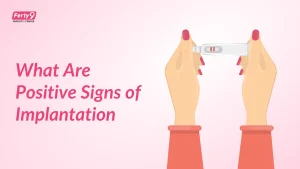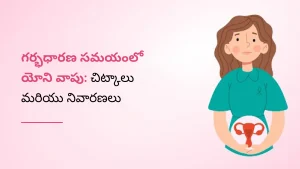Those opting for IVF are usually concerned about the cost of IVF treatment in Hyderabad, but it is reasonable compared to world rates. A famous gynecologist in Hyderabad treats them well.
Women in their 20s have fewer chances of infertility, miscarriage as well as medical problems. The risks of having chromosomal abnormalities, hypertension as well as diabetes do begin to climb in the 30s and 40s. It also does become harder to conceive, particularly after age 37.
Giving birth at any age is indeed a big challenge and change but there are few major differences when a person plans pregnancy and gives birth in his or her 20s, 30s, or 40s.
Are the age of 40s, the quality, and quantity of eggs do get reduced drastically. Difficulty in conceiving at this age is also possible. Women at this age may require IVF treatments to conceive. Pregnant women in their 40s are at much risk. The cost of IVF treatment in Hyderabad is within bounds.
Pregnancy in the twenties is positively happening as a young healthy expectant mother has a very high possibility of a lower-risk pregnancy. Also, she has the support of her enthusiastic expectant grandparents who will indeed be of much physical, emotional as well as moral support to the young parents as well as the newborn.
Age and Female Fertility
If the person undergoes IVF treatment at a clinic, then she can expect the best results. It is rather impossible to naturally give birth to a child after 35.
Pros Of Getting Pregnant In the 20s
- The doctor’s view is that one of the best times to get pregnant happens to be in one’s biological prime. The suggested age for peak fertility is 24, according to several experts.
- Women in their 20s do have eggs that are less susceptible to genetic abnormalities, leading to birth defects.
Cons of Getting Pregnant In Your 20s
- The biggest drawback is indeed financial instability at such a young age.
- It could rather lead to a burden in one’s life and also affect one’s career decisions.
- If not ready to become a parent and want to enjoy one’s freedom, then the couple is interested in experiencing life with each other.
A famous gynecologist in Hyderabad can help deal with such health issues when it comes to late pregnancy.
Fertility in the 30s
Pros of Getting Pregnant In the 30s
- It is indeed the perfect time to get pregnant due to better financial stability. Both partners happen to be well settled and will be rather better placed to support a child.
- A person has a high energy level and even strength to undergo labor pain.
- A person has enjoyed the period in their 20s and now want prefers to start a new family and also become a parent.
Cons of getting pregnant in your 30s
- Pregnancy after the age of 35 might increase the chances of abnormalities such as down syndrome in the baby.
- The fertility rate does drop quite a lot after the age of 35; that is why it might rather take more time for the woman to conceive a child, at least a year more.
- You will face a higher risk of having a miscarriage after your 30s.
Fertility in the 40s
Pros of Getting Pregnant In Your 40s
- The woman or her partner is more financially secure as the possibility of having a well-established career is there.
- The woman is more relaxed, confident, and economically secure as a parent.
Cons of Getting Pregnant in the 40s
- The woman will face a lot of difficulty in conceiving a child naturally.
- The quality of eggs does drop a lot in the 40s, which does increase the risk of having birth defects in babies.
A person can be at higher risk of suffering from health conditions such as high blood pressure, gestational diabetes, placental problems, and many more.
























